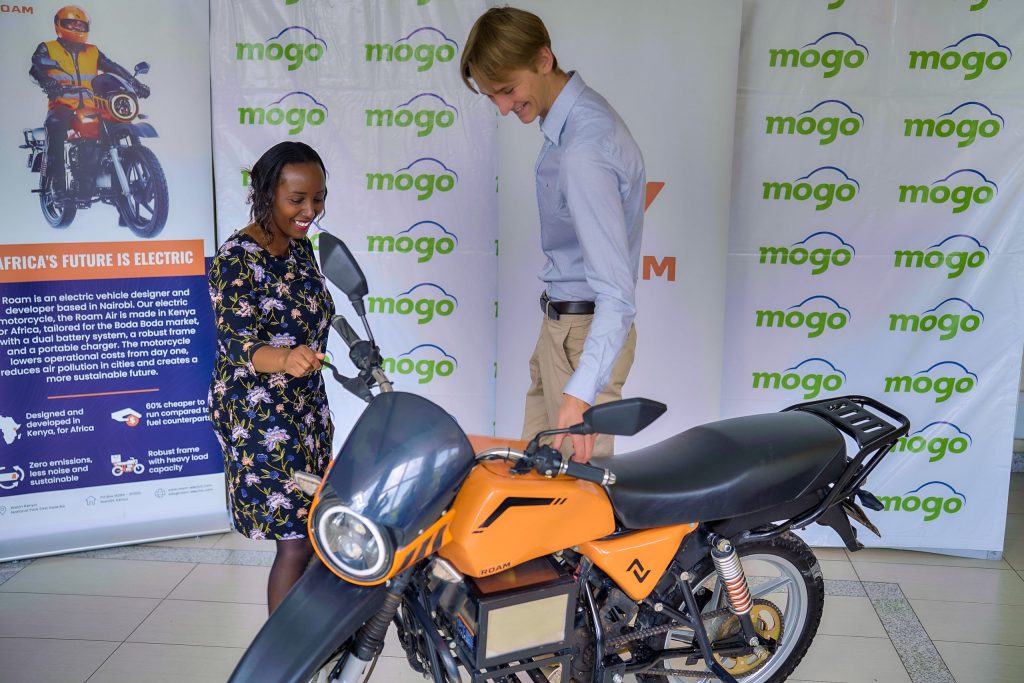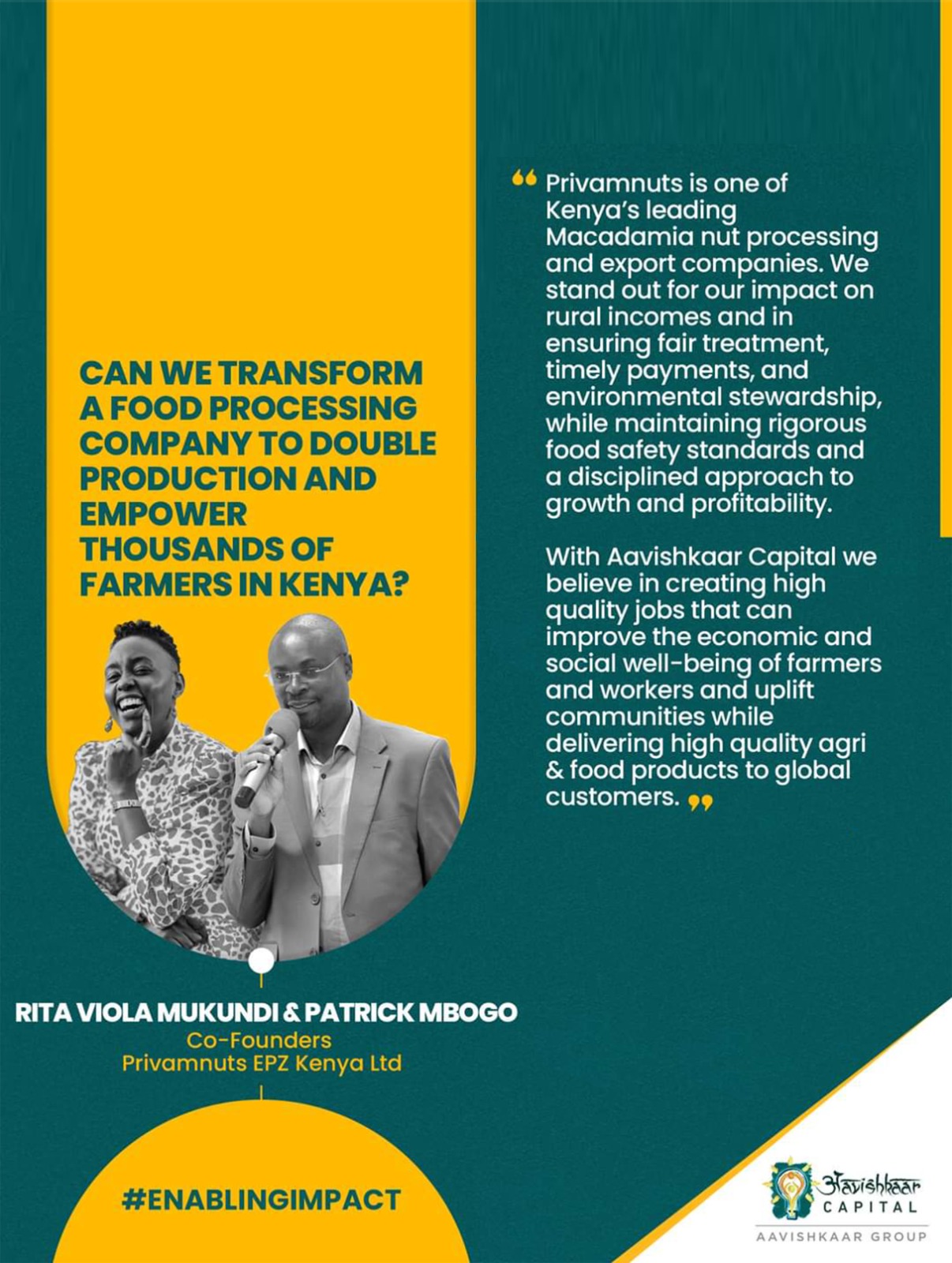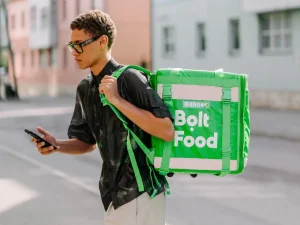
(L-R) Mogo Business Development Project Manager, Rauls Leitis interacting with boda boda customers, Peter Mungai and Joshua Mutune at Mogos e-bike shop on Jogoo road.
- Mogo Offers Low Interest Rates on Electric Vehicles to Accelerate E-Mobility Adoption in Kenya;
East Africa’s leading asset financier, MOGO, has invested the Sh1 billion in funding injected by the US International Development Corporation (IDFC) to finance electric boda bodas and tuktuks at affordable interest rates.
The firm, which has lent out Sh20 billion for boda boda and motor vehicle loans and provided affordable financial products to more than 120,000 Kenyans over the past five years, has announced plans to direct the injected funds towards financing EVs in an effort to increase the adoption of e-bikes and tuktuks in the country.

“MOGO is focusing on financing e-bikes and three-wheelers, making various brands of EVs accessible to Kenyans in Nairobi and other parts of the country. This initiative not only aims to mitigate the impacts of global warming by reducing greenhouse gas emissions but also economically empowers boda boda operators,” said Rauls Leitis Business Development Project Manager at Mogo.
“A substantial part of the funding will be used for customer purchases, allowing us to keep interest rates and loan requirements as low as possible.”
Electric vehicles enable boda boda operators to earn at least KES 300 more daily compared to those using fossil fuel motorcycles. This increase in earnings is driven by cost savings from fuel and maintenance, coupled with the lower interest rates offered by MOGO for electric bodas.
 Most popular electric boda bodas operate on a battery-swapping model, where an empty battery can be quickly exchanged for a fully charged one within minutes.
Most popular electric boda bodas operate on a battery-swapping model, where an empty battery can be quickly exchanged for a fully charged one within minutes.
Kenya’s e-mobility industry is already experiencing rapid growth, but the financing from DFC is expected to propel this growth further by ensuring that end-user financing remains attainable and affordable.
MOGO is a key player serving the boda boda community in Kenya, tailoring services to meet these customers’ specific needs and providing financing to those who often lack access to traditional banking services.
“For electric mobility, this support is even more crucial due to the higher upfront costs compared to fuel-powered bikes.
To drive the adoption of electric mobility, MOGO offers lower interest rates for electric bodas and significantly reduces the required down payment compared to fuel bikes, enabling more boda boda operators to own electric bodas,” added Mr Leitis.

The boda boda sector contributes significantly to greenhouse gas emissions in Kenya, so transitioning to e-mobility is essential. Additionally, Kenya’s electricity production is currently more than 90% renewable, meaning that most of the electricity used to charge these vehicles’ batteries is clean.
Coupling this with the actual savings that boda boda operators will see when switching to EVs highlights the importance of electrifying the boda sector to achieve Kenya’s environmental goals.
Before every EV sale, MOGO guides customers through an onboarding process where they learn about the differences between fuel-powered and electric bikes, proper handling of the bike, battery swapping procedures, and other essential details. While EVs are relatively simple to use, it is crucial to ensure that new owners are knowledgeable about these differences.











